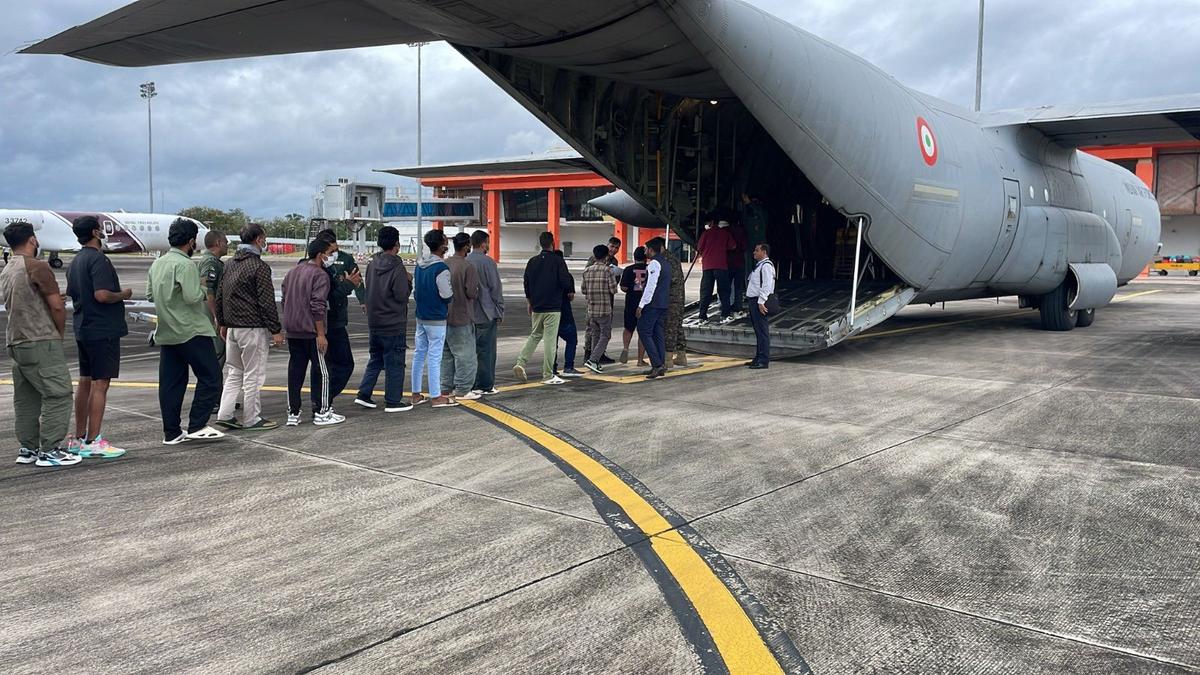With about 9 lakh street dogs, Kerala is going to find it nearly impossible to comply with the Supreme Court’s latest order directing States to relocate these animals from public spaces to dog pounds.
Last week, the Court directed local bodies across the country to remove “every stray dog found within the premises of an educational institution, hospital, sports complex, bus stand/depot, or railway station and to shift such animal/s to a designated shelter, after due sterilisation and vaccination, in accordance with the Animal Birth Control (ABC) Rules, 2023”. The Court also said that the “stray dogs so picked up shall not be released back to the same location from which they were picked up.” This is a clear departure from the Animal Birth Control Rules, 2023 that lay down a ‘capture-sterilise-vaccinate-return’ policy.
Challenges
While the order may appear sound from a public health and safety standpoint, it risks going unimplemented. There are immense infrastructural and human resource demands that this exercise entails. Stray dogs coexist with humans in public places where food is available. The removal of one pack from an area will not solve the issue, as the vacuum will be quickly filled by another group of dogs. In addition, there are also behavioural aspects of street dogs to be considered. Often compassionately called community dogs, they offer companionship to many people, which explains why there are so many protests against the order. Neither are there enough animal handlers to catch street dogs nor are there qualified veterinary surgeons, as specified in the Rules.
Kerala received particular attention in the three-member Bench’s order, which cited media reports of stray dog bites across the State, including the case of a Class 3 student being bitten at a government lower primary school in Panamaram, Wayanad. The judgment also mentioned reports of dog bite incidents that took place at Ernakulam General Hospital, the KSRTC bus stand at Kottayam, and the railway station at Kannur.
Despite this challenge, every move to set up public service facilities — whether septage and waste treatment plants, mobile towers, or ABC centres for dogs — has been greeted with stiff public resistance in Kerala. In such a scenario, it would be a real challenge for civic bodies to find secure and isolated places to set up dog pounds, considering the scarcity of suitable land and public opposition to such units. It would also be difficult for local bodies to establish ABC centres to carry out surgical procedures, as specified in the Rules.
The problem is not limited to Kerala. No local body in the country may be able to meet the expense for keeping and feeding the dogs in these centres on its own. The order, which requires that dogs rounded up from public spaces not be returned after surgery, has effectively shifted their custody from the streets to the local authorities.
The huge expense required for setting up animal shelters and surgical centres, capturing and immunising animals, procuring vehicles for transporting animals, and running the centres could also hinder the efforts of civic bodies in their fight against rabies and dog bites. Without sufficient human and financial resources at their disposal, civic bodies cannot be expected to enthusiastically come forward to take up the challenge.
The order has also put brakes on the Kerala government’s recent initiative to sterilise and vaccinate street dogs and return them to their original locations, as specified in the ABC Rules.
Problem with compliance
The Court has cautioned that any reported non-compliance with its orders would be viewed seriously. It said that “penalties/consequences including but not limited to the initiation of suo moto contempt proceedings” would be imposed on erring officials. However, there are numerous practical problems in implementing the order, which means that the instructions of the Court risk being inadvertently flouted by the civic bodies.
While admitting that incidents of dog bites are on the rise and rabies-related deaths are being regularly reported from the States, a workable approach to tackle the menace could have been adopted. Removing dogs from public places to dog pounds is easier said than done in Kerala, which has a population density that is thrice the national average.

 1 hour ago
3
1 hour ago
3








 English (US) ·
English (US) ·